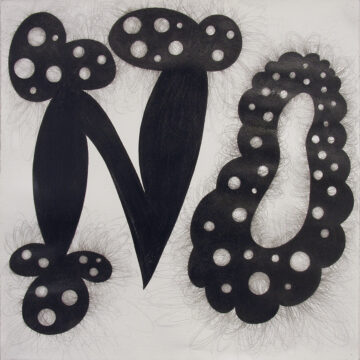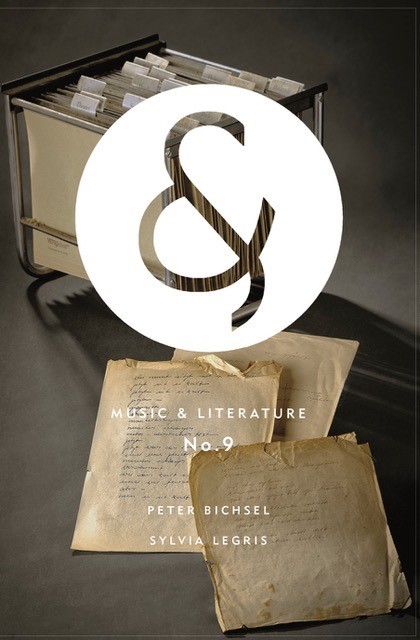by Andrea Scrima
#1: SAYING NO

In the talk Judith Butler gave upon receiving the Adorno Prize in 2012, she asks: “Can one lead a good life in a bad life?” Her question springs from a conclusion Theodor W. Adorno formulated in Minima Moralia: “Wrong life cannot be lived rightly” (“Es gibt kein richtiges Leben im falschen”). Years later, he speculated whether modern humans were already too damaged to live in a right world, should such a world ever come into being. Butler nonetheless asks if it’s morally permissible to “wish simply to live a good life in the midst of a bad life,” but concedes that it’s not so simple. It would seem that to pursue the “good” life, one must reject the “bad” life and everything it demands from us. Yet isn’t the term “the good life” already far too tainted by consumerism to be of any real use?
Let’s speak instead of a “true life” as opposed to a “false life.” But what is the nature of this undertaking, and what would the true life entail? The fact that we are interdependent and vulnerable beings presupposes a set of conditions required for even a minimally decent life: food, shelter, clothing, a halfway functioning society, some kind of livelihood. Butler reminds us of Hannah Arendt’s observation that it’s not enough to be alive, to merely survive—that for a life to be considered a life, it has to be lived with meaning and purpose.
Thus, our demand must be not merely for life, but for a liveable life. And yet our lives are not entirely in our hands; they are subject to political and economic structures that rob individuals and entire peoples of their agency and doom them to precarity, and often worse. In Problems of Moral Philosophy, Butler reminds us, Adorno asks “how the broader operations of power and domination enter into, or disrupt, our individual reflections on how best to live.” Read more »

 Madeleine LaRue: It did turn out to be pretty mammoth! How about I tell you, by way of introduction, about the first time I met Bichsel in person. He’d come to read at the Literarisches Colloquium in Berlin, the center of the grand old West Berlin literary establishment. It was November, it was dark and cold, and when he emerged at the back of the room and started walking up toward the stage, wearing the same black leather vest he’s been wearing for the past forty years, I think we were all a little worried about him. He was eighty-two then, and he looked exhausted. It had been a while since he’d been on such an extensive reading tour outside of Switzerland. He got to the stage and settled into his chair. The moderator welcomed him and asked how it felt to be back in Berlin—a simple question, a nice, easy opener. Bichsel still seemed tired, but as he leaned back and said, very slowly, in his lilting Swiss accent, “Ja, ja, Berlin,” his eyes lit up and he launched into a story about his first time in the city, in the early 1960s, and how he got caught in the middle of a bar fight with some people! Who turned out to be Swiss! And they all got thrown out onto the street together, and he’ll never forget it! And ja, ja, Berlin—and from his very first word, we all became like delighted children at Grandfather’s feet, totally enraptured, utterly unwilling to go to bed until we’d heard just one more story, pleeeease? And he himself became younger, full of life, charming and hilarious and genuine and profound.
Madeleine LaRue: It did turn out to be pretty mammoth! How about I tell you, by way of introduction, about the first time I met Bichsel in person. He’d come to read at the Literarisches Colloquium in Berlin, the center of the grand old West Berlin literary establishment. It was November, it was dark and cold, and when he emerged at the back of the room and started walking up toward the stage, wearing the same black leather vest he’s been wearing for the past forty years, I think we were all a little worried about him. He was eighty-two then, and he looked exhausted. It had been a while since he’d been on such an extensive reading tour outside of Switzerland. He got to the stage and settled into his chair. The moderator welcomed him and asked how it felt to be back in Berlin—a simple question, a nice, easy opener. Bichsel still seemed tired, but as he leaned back and said, very slowly, in his lilting Swiss accent, “Ja, ja, Berlin,” his eyes lit up and he launched into a story about his first time in the city, in the early 1960s, and how he got caught in the middle of a bar fight with some people! Who turned out to be Swiss! And they all got thrown out onto the street together, and he’ll never forget it! And ja, ja, Berlin—and from his very first word, we all became like delighted children at Grandfather’s feet, totally enraptured, utterly unwilling to go to bed until we’d heard just one more story, pleeeease? And he himself became younger, full of life, charming and hilarious and genuine and profound.